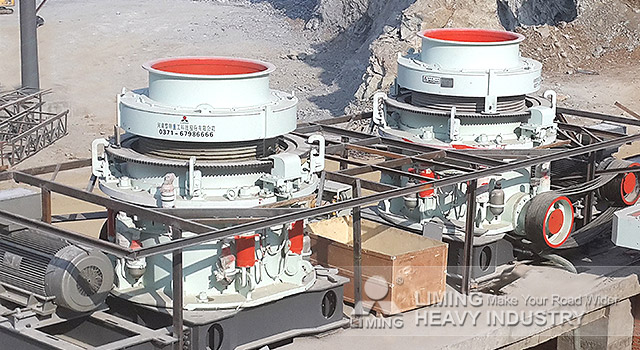A 300 TPH capacity cone crusher is an excellent choice for large-scale aggregate production and mining operations, capable of handling a wide range of materials, including granite, basalt, iron ore, and other hard stones. It can process up to 300 tons per hour (TPH), making it ideal for industries where high throughput is essential. They provide fine to medium crushing, making them popular for secondary and tertiary crushing stages.
Price Determinants
The cost of a cone crusher is affected by several elements, including brand, design, and specifications. Well-known manufacturers tend to price their equipment higher due to reputation and reliability. Additionally, the design of the crusher can impact cost; advanced features, such as automation and wear-resistant materials, often come at a premium but can lead to lower operational costs and longer lifespan. A 300 TPH model is typically more expensive than lower-capacity options, as it often includes more robust construction and advanced technology.

Additional Costs
When considering the total cost, it’s important to account for additional expenses beyond the base price of the cone crusher. Shipping and logistics, installation, operational training, and ongoing maintenance contribute to the overall investment. Depending on the distance and complexity of installation, these costs can vary. Ensuring regular maintenance and having access to a local service provider also impacts the long-term operational costs.
Maintenance and operating costs are also critical considerations when assessing the total cost of ownership for a cone crusher. While the initial purchase price is crucial, ongoing expenses such as spare parts, lubrication, and routine servicing can significantly impact the overall budget. Investing in a high-quality machine may result in lower maintenance costs in the long run, as better-designed models are often more reliable and require less frequent repairs.
